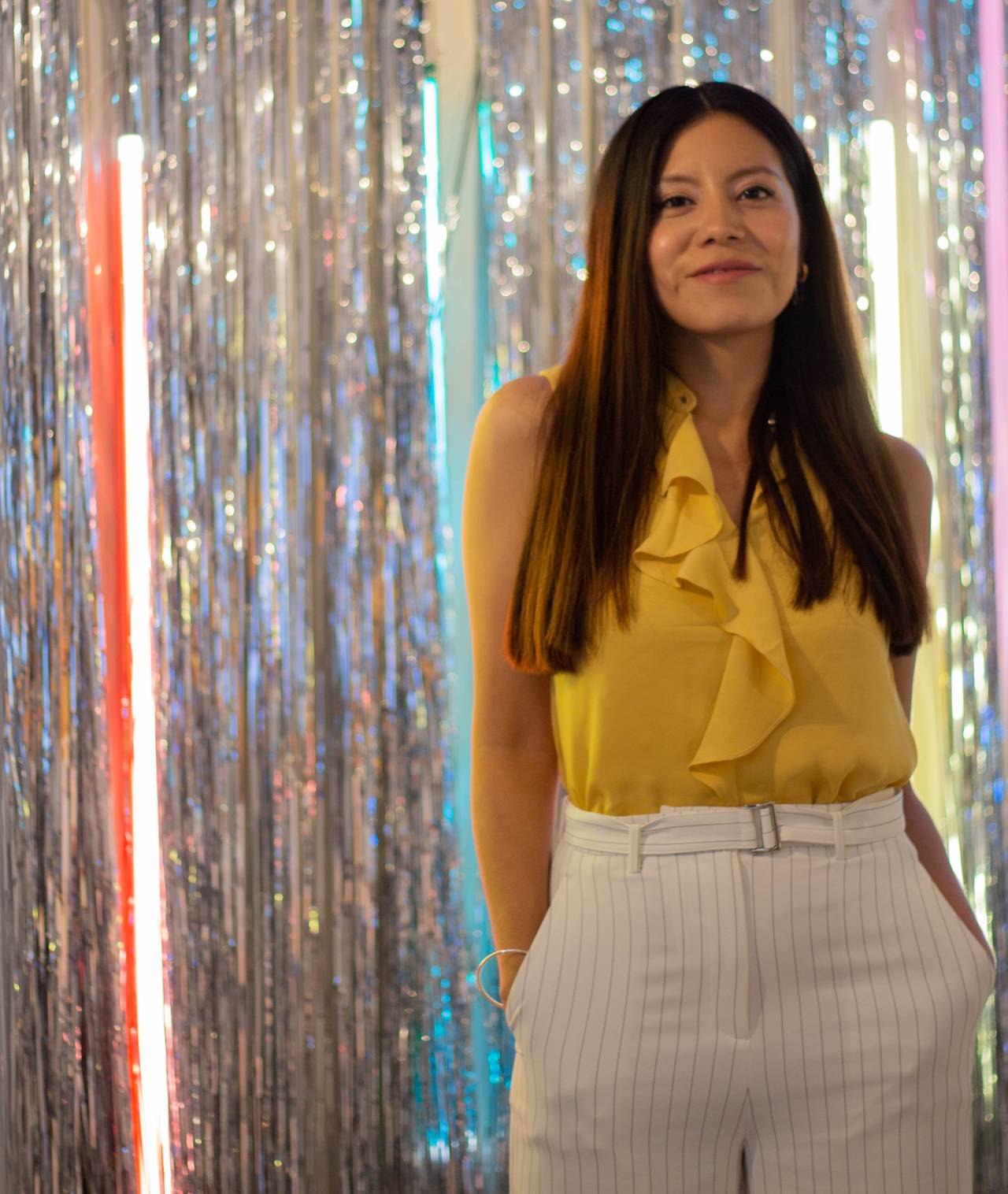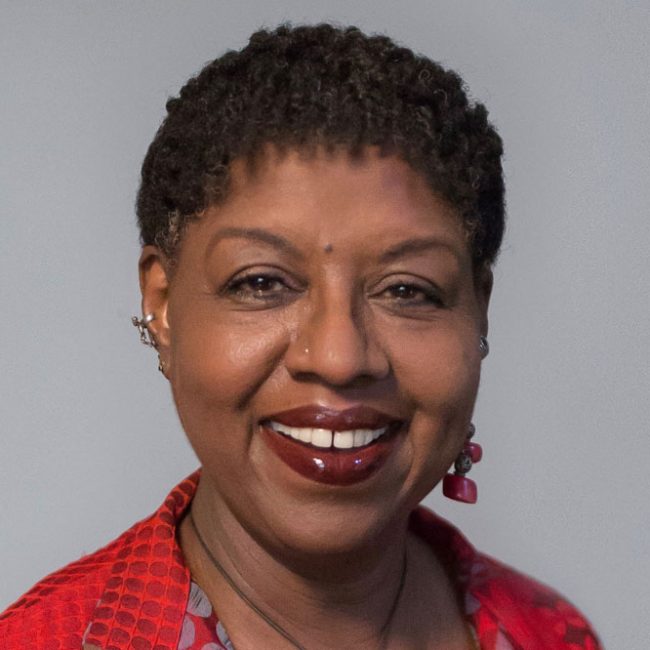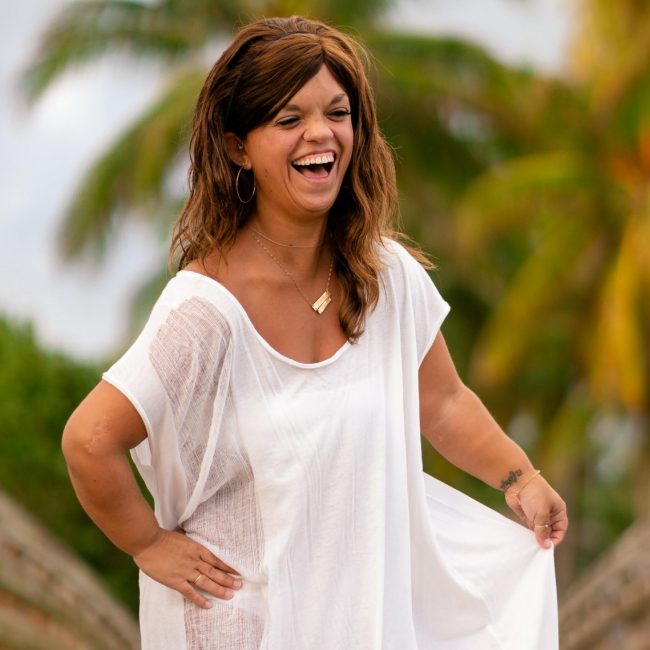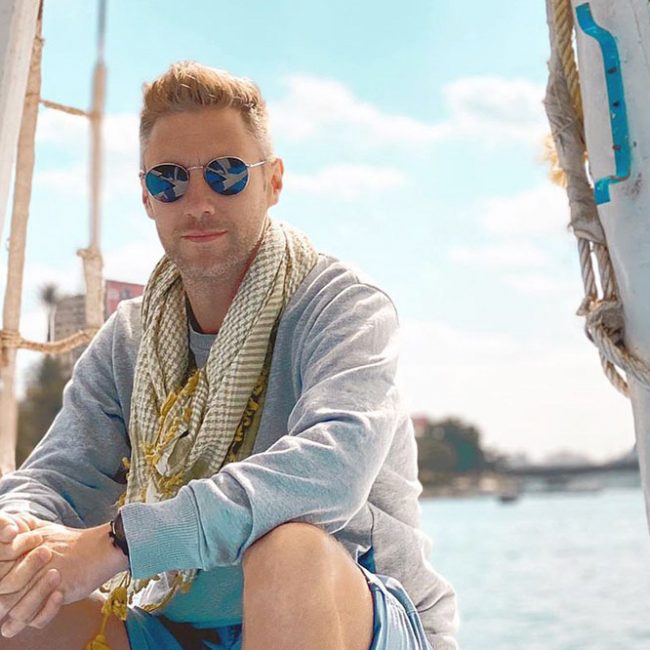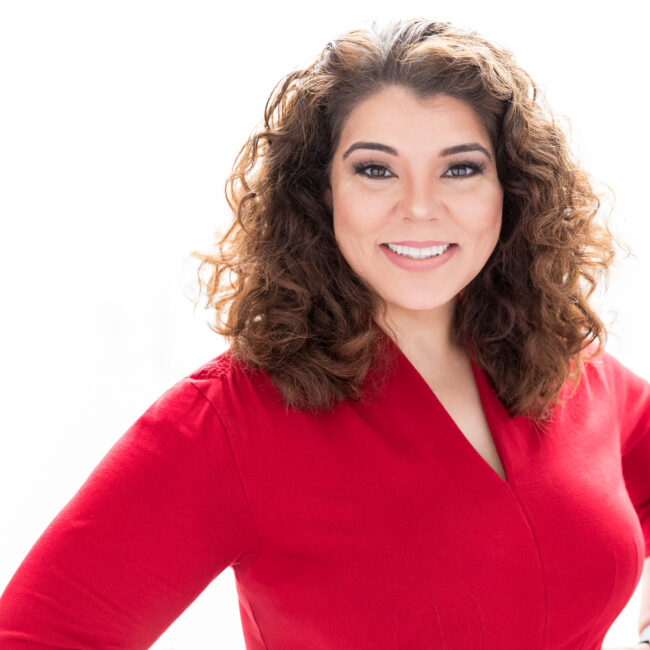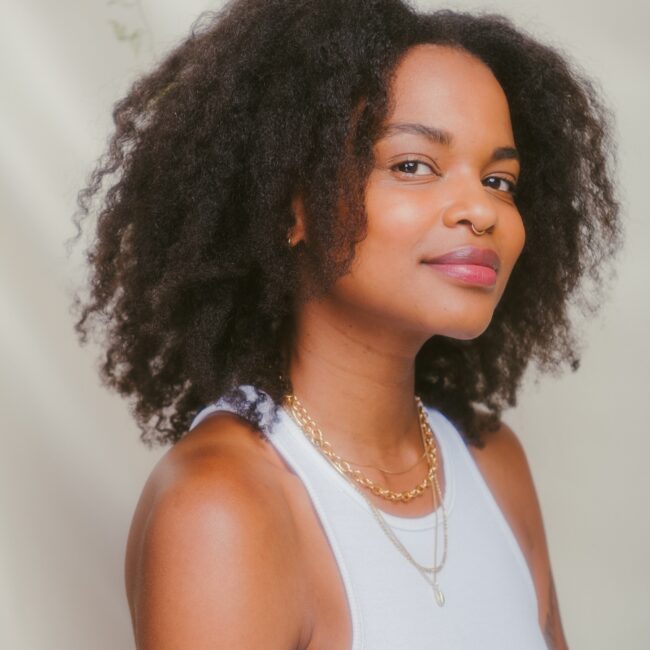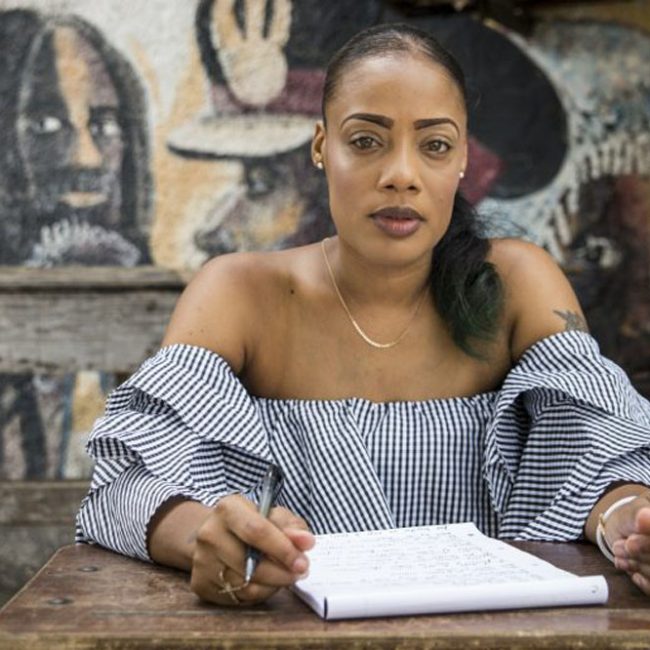
Police Shot Her Brother. She is Now Fighting Police Brutality-Meet Human Rights Activist Shackelia Jackson
Shackelia Jackson is a human rights activist fervently fighting police brutality. She advocates for equal policing and judicial reporting in Jamaica. She has been fighting for social justice since her brother, Nakiea, was shot in 2014 by police in Kingston, Jamaica. The effort that Jackson has put into making change after her terrible loss has been motivated by her brother. She has reflected on who she is as a human and how she can help others through her life.
“This situation has called me into discovering even my own strength and the purpose that extends beyond me,” said Jackson.
Kingston, Jamaica holds one of the world’s highest rates of fatal police shootings, many of which are results of racially motivated police brutality. Growing up, Jackson felt support from both of her parents to strive for her dreams. She felt that her parents understood who she and her brother were and what made them unique and supported them accordingly. Jackson’s brother attended a technical high school and they both worked at a local newspaper. After Jackson’s brother began taking cooking classes, he put his heart and soul into his career and was an inspiration to Jackson.
When Jackson’s brother was shot by the police and taken to the hospital, Jackson told him for the first time that she loved him, in hopes that his hearing would be the last to go. She also knew that if the police got anywhere near her brother, they might harm him because they did not want him to be a witness to the violence that they had unfairly used against him. Jackson reached out to the newspaper that she had worked for in the past, but they did not understand the extent of the incident. She then reported the incident to the investigative authorities, with little response. When Jackson got home, she was informed that her brother had passed away.
“I prayed that I would, over time, establish the right linkages and support to help me and my family.”
Jackson has faced brutal intimidation from the police and little support from the Jamaican legal system in her efforts to create change. Jackson sees oppression everywhere and advocates for the need to reframe the biases against people of certain races and communities. She spoke of the irrationality of thought that the police had when they approached her brother on that traumatic day and she sees a need to fight back. The officer who shot Jackson’s brother was the first officer in the history of Jamacia to be charged with murder. But because of the faulty judicial system in Jamacia, the officer was given bail and eventually walked free.
“My fight starts with the need for due process.”
Jackson brought up something that was explained by the Minister of Security saying that the longer a matter takes to be brought before the court, the less likely that there will be a successful prosecution. Jackson faced verbal and psychological abuse during the court hearings, but continued to fight for justice. The dropped charges opened Jackson’s eyes to the real injustice in the Jamaican judicial system. Jackson had the opportunity to meet with representatives of the Prime Minister’s office alongside the Write for Rights campaign, but was still not given a fair voice. Though the challenges she has faced have been major detriments to her efforts, this uphill battle has been worth every sleepless night and every brutal day that Jackson and other activists have gone through. And they are not about to give up now.
“It speaks to the fact that great work is still being done and I have now learned to celebrate small victories which maybe not in my lifetime, but in my daughter’s lifetime there will be some semblance of justice and the policy of legislative changes to support aggrieved families.”
The experience of Jackson’s family with the unfair justice system has amplified the need for change. They are motivated each day to keep fighting. Her family draws strength from the people who are still being oppressed and those who support them each and every day. Jackson relies on her faith to cope with the tragic loss that she has, and will, deal with for the rest of her life.
Racial profiling and police brutality is not just an issue in the United States. It is happening all over the world and causing unjust deaths to thousands of people. When looking at the history of Jamaica, police officers have allegedly killed more than three thousand people and the number of fatalities in the hands of Jamaican law enforcement officers in just 2017 was 168 people. An average of three people are killed every week by officers in Jamaica with a population of just 2.8 million.
The biggest change that Jackson has seen since she began fighting as a human rights activist is the increase of major organizations, such as the NBA, speaking out in support of social justice. She has seen an increase in support from these organizations and has appreciated each action that they have taken towards change.
“We cannot afford more children needing to be briefed [on how to stay safe] before going outside.”
Stronger police forces do not mean a safer society. Society has a lot of work to do to create a safe environment. Recent tragedies all over the world could have been avoidable if people had realized the faults in the current system. According to Jackson, the origin of violence in the police force begins in the training that each officer. In current police training, more attention is given to shooting skills than the understanding of communication and nonverbal behavior. This needs to be changed immediately. The current system of engagement and policy establishment also needs to be altered to work against racial profiling and police brutality.
“When you have been oppressed for so long, it manifests itself in the degree of oppression that you’ve been forced to endure.”
Just as revolts lead to the abolishment of slavery in the US, social justice movements such as the Black Lives Matter movement, have the power to end racial injustice. No matter their race, people everywhere are as much at risk as others and need to work in unity in order to make change happen. Shackelia Jackson will never stop fighting for judicial reform and encourages others to speak up and fight alongside her and other activists all over the world.
This is a call to action to put an end to police brutality in countries all over the world including Brazil, Chile, and Columbia. There is violence everywhere, but it just takes one person to speak out like Shackelia Jackson to make a difference and show others that there is hope for a better world.
Credits:
Host & Producer: Cielo
Developer: Mark Starbinski
Editor & Writer: Sydney Murphy
